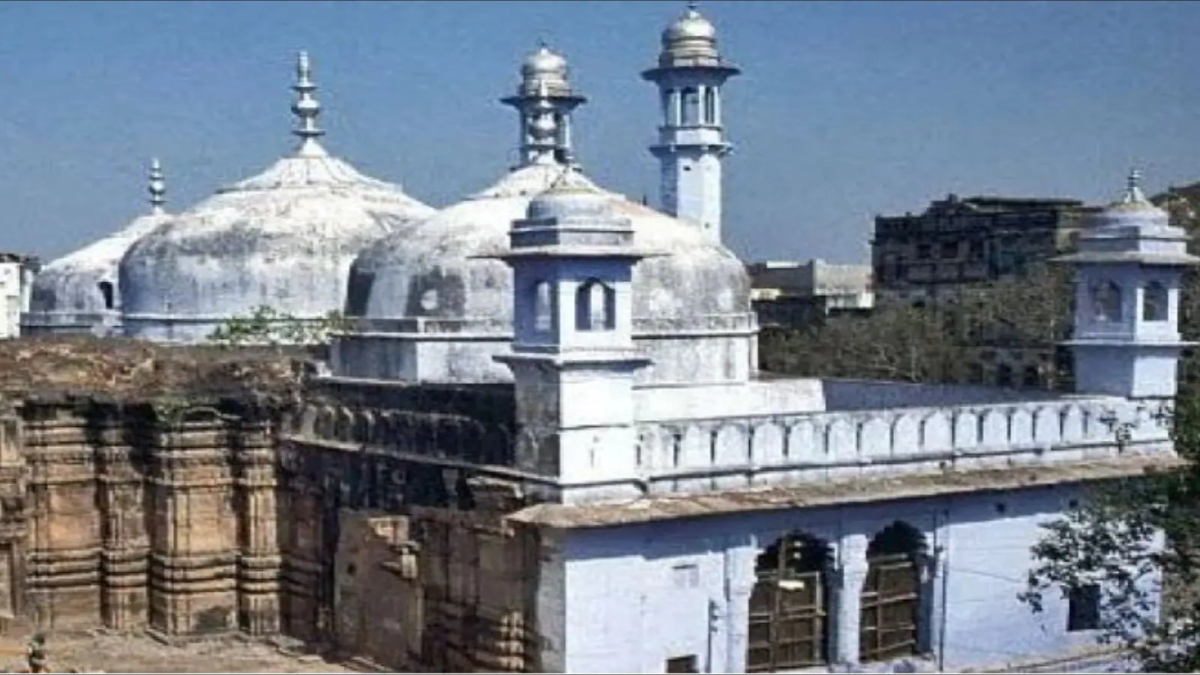
The Varanasi District Court ruled that the Gyanvapi Mosque case is maintainable and the five Hindu women’s arguments for the right to pray in the mosque will be heard. The well-known Kashi Viswanath temple is near the Gyanvapi mosque.
The Muslim party’s petition was denied by the court, which declared the case to be maintainable. According to Advocate Vishnu Shankar Jain, who is the district court’s representative for the Hindu side, the case’s next hearing is scheduled for September 22.
A Varanasi court on Monday will issue its ruling on a motion disputing the maintainability of the lawsuit, which five Hindu women brought for the right to worship at the Gyanvapi Mosque property next to the Kashi Vishwanath Temple.
The Places of Worship Act, 1991, which forbids the conversion of places of worship and calls for the maintenance of their religious character as it existed on August 15, 1947, was cited by the Anjuman Islamia Masjid Committee (AIMC), which oversees the mosque, in its plea to contest the maintainability.
August 2021: The five women file a lawsuit in Varanasi’s civil judge’s (senior division) court, requesting authorization for daily worship in the Gyanvapi complex’s Maa Shringar Gauri Sthal.
April 2022: The court names an advocate commissioner and requests a complex survey.
May 6, 2022: Before AIMC’s advocates submit a claim that advocate commissioner Ajai Mishra is prejudiced the following day, the survey begins.
May 12: The court declines to have Mishra removed; it hires top attorney Vishal Singh as special advocate commissioner and requests that their team provide its findings by May 17.
May 14: The survey picks back up and goes for two more days.
May 19: The team gives the court its report.
May 20: Citing the “complexities and sensitivity of the situation,” the Supreme Court transfers the case to the district judge in Varanasi. It states that handling the case by a senior judicial official with over 25 to 30 years of expertise will be preferable.
May 26: The case maintainability hearing gets underway.
August 24: Following the conclusion of the arguments from both the Hindu and Muslim sides, Varanasi District Judge Ajay Krishna Vishvesha reserves his decision until September 12.